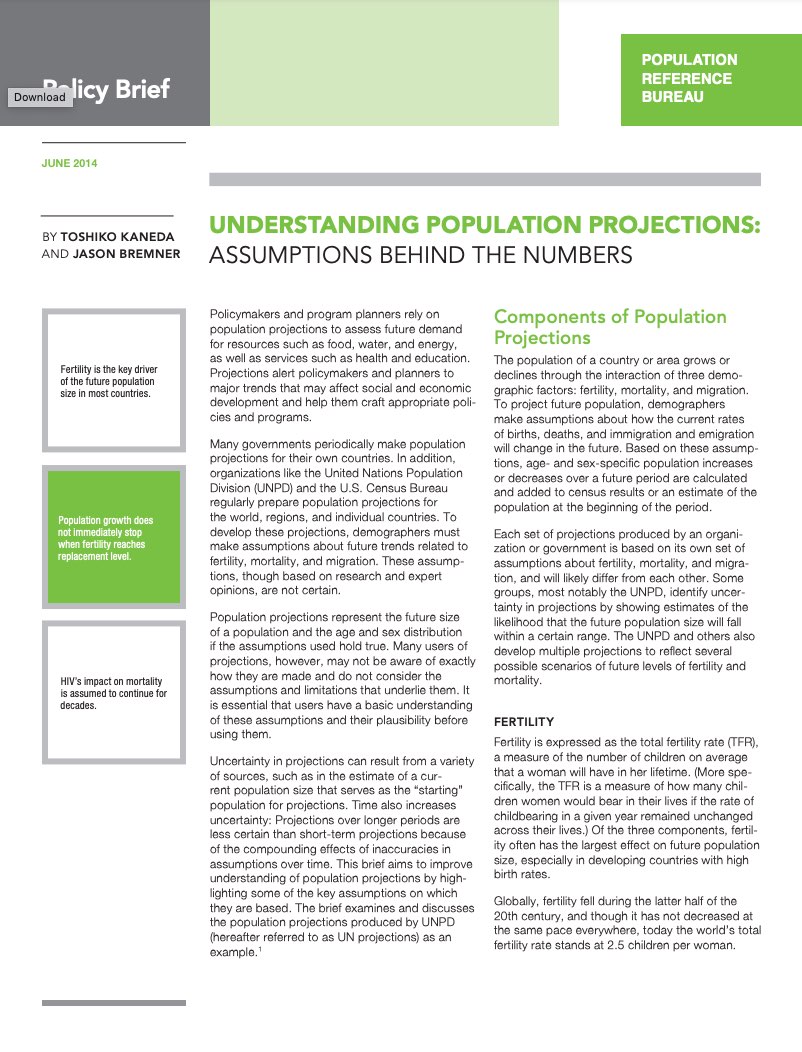U.S. House Seats Are Shifting South and West Based on Population Changes
The Census Bureau’s state-level population estimates for 2018 provide a window into the potential redistribution of seats in the U.S. House of Representatives when the 2020 Census numbers are released.




